Guns have fallen silent in northern Uganda and as expected the need for the much-needed post-war reconstruction process surged to the fore. The ravages of this war are so far reaching that a concerted effort and sincere commitment towards reconstruction is the ultimate anti-dote. However, will the promise of this anti-dote usher in actual fulfillment? Talk of Northern Uganda entering a development phase-an evolution from emergency, has become the theme-song of humanitarian agencies, government and other development partners. IDPs are gradally treking back to their original homes away from the camps and hope is rife that sooner or later life will be back to normal. However with roads like the above in their current state, development partners have their work cut out.
However, will the promise of this anti-dote usher in actual fulfillment? Talk of Northern Uganda entering a development phase-an evolution from emergency, has become the theme-song of humanitarian agencies, government and other development partners. IDPs are gradally treking back to their original homes away from the camps and hope is rife that sooner or later life will be back to normal. However with roads like the above in their current state, development partners have their work cut out.
 However, will the promise of this anti-dote usher in actual fulfillment? Talk of Northern Uganda entering a development phase-an evolution from emergency, has become the theme-song of humanitarian agencies, government and other development partners. IDPs are gradally treking back to their original homes away from the camps and hope is rife that sooner or later life will be back to normal. However with roads like the above in their current state, development partners have their work cut out.
However, will the promise of this anti-dote usher in actual fulfillment? Talk of Northern Uganda entering a development phase-an evolution from emergency, has become the theme-song of humanitarian agencies, government and other development partners. IDPs are gradally treking back to their original homes away from the camps and hope is rife that sooner or later life will be back to normal. However with roads like the above in their current state, development partners have their work cut out.
 Social services like health have to be taken to the people and not just concentrated in under-staffed and ill-equipped health centres so far away from the masses. Mobile health services will come in handy and Village Health Teams should be evenly spread and adequately facilitated. Water facilities like springs and boreholes have to be constructed or protected. And of course psychosocial services are required to shape the mindset of the people who for two decades have witnessed the most horrific attrocities. Let monuments like the one of the 1995 Attiak massacre below, not reopen the wounds of suffering but rather inspire the masses to work harder in order to thrive and not just survive.
Social services like health have to be taken to the people and not just concentrated in under-staffed and ill-equipped health centres so far away from the masses. Mobile health services will come in handy and Village Health Teams should be evenly spread and adequately facilitated. Water facilities like springs and boreholes have to be constructed or protected. And of course psychosocial services are required to shape the mindset of the people who for two decades have witnessed the most horrific attrocities. Let monuments like the one of the 1995 Attiak massacre below, not reopen the wounds of suffering but rather inspire the masses to work harder in order to thrive and not just survive.
Development partners should not just engage in humanitarian marketing drives through bogus signposts and billboards, but rather work harder for greater impact on the lives on the masses. Some of the NGOs in northern Uganda and their employees are of very inferior quality and are literary masquareding as development partners and workers. Such agencies should either shape up or ship out. Agencies that work less towards impact and more towards process and vain routines have no place in the post war reconstruction efforts in Northern Uganda.


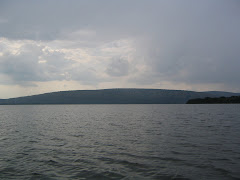





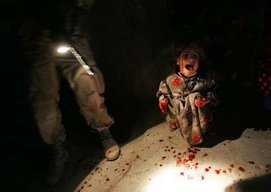
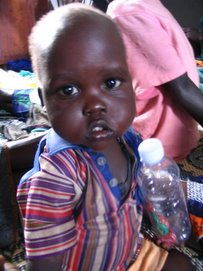
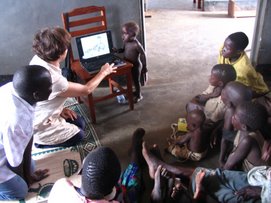
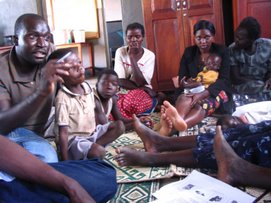
No comments:
Post a Comment